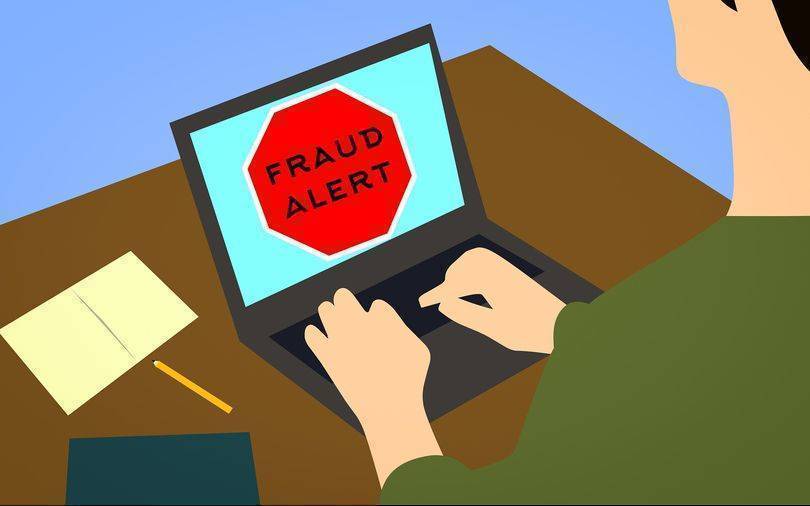
Indian banks record spike in cyber fraud cases


As digital transactions continue to gain traction in India, the country’s central bank has said that there has been a 50% jump in the number of cyber frauds in the banking sector in the space of a year while the amount of money lost has more than doubled during the same period.
In its annual report, the Reserve Bank of India (RBI) noted that cyber frauds in banking rose to 2,059 in the financial year 2017-18 against 1,372 in the previous fiscal.
The amount of money lost in banking frauds stood at Rs 110 crore as against Rs 42 crore during the same period under review.

The statistics only take into account instances where the defrauded amount was more than Rs 1 lakh.
The number of cyber frauds constituted almost one-third of the total number of banking frauds, which was a little less than 6,000.
However, the amount lost in cyber frauds amounted to less than 0.5% of the total sum that banks cumulatively lost to frauds.

Considering the explosive growth of the internet and mobile banking and the penetration of Immediate Payment Service (IMPS) and Unified Payments Interface (UPI) payments over the last four years, the number of fraud incidents have not grown as fast.
For instance, digital transactions made on UPI increased 15 times to 450 million for September 2018, from 30 million a year earlier. In 2013-14, the number of cyber frauds stood at 978 and had only doubled at last count.
Among the prominent fraud cases in 2018, Mauritius banking group SBM Holdings said in October that its Indian operations had suffered a cyber fraud that had resulted in a potential loss of up to $14 million.

A couple of months before that, in one of the biggest cyber banking frauds of the country, criminals hacked the systems of India's Cosmos Bank and siphoned off nearly Rs 944 million ($13.5 million) through simultaneous withdrawals across 28 countries.
After the incident, the National Payments Corporation of India (NPCI) had issued an advisory note asking banks to take a series of measures to protect themselves against fraud.
